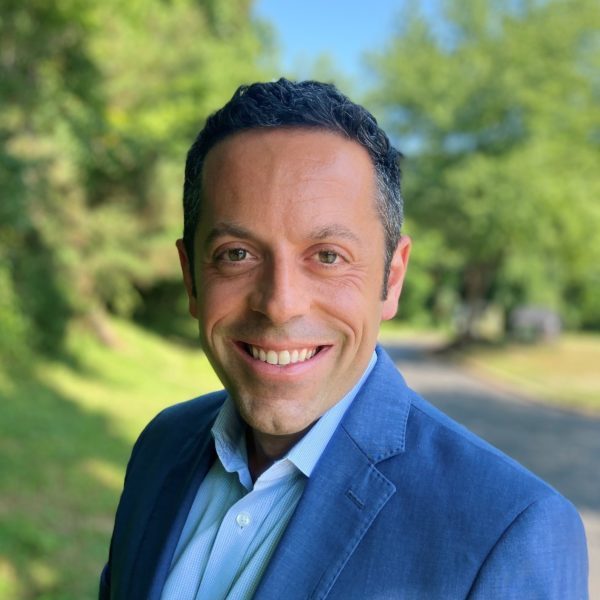“A Church that lives in listening to the Word is never satisfied with her own security. She is obedient to the unpredictable novelties of the Spirit.”
– Pope Francis
As a ministry that is focused on leadership in the Church, we are consistently trying to gather research, feedback, and best practices that might yield the ideal parish or the model diocesan administration. We also work hard to practice what we preach in our own organization, always trying to innovate, adapt, and refine, so that we strengthen our service to the Church. This push leads to a tendency to attract a lot of type-A perfectionists (myself especially) who are strong team members, but who also can be ruthless on themselves when things don’t work out the way they planned. While I used to see it as one of my greatest strengths, lately I’ve had the nagging feeling that not only do my high standards cause me anxiety, but they can also frequently be counterproductive for the rest of my colleagues. What I wasn't so sure of was why.
Recently I had the chance to hear one of the best speakers out there right now, Msgr. James Shea. As part of his talk, he shared where the word “utopia” originated. Coined by St. Thomas More in the 1500’s, Utopia was a fictitious island, a perfect society. It was Thomas More’s satire on the society of his day which was becoming increasingly fixated on human beings' ability to refine and enhance things. History aside, what was fascinating (and convicting) to me was the etymology of the word. It’s actually two Greek words that translate to “no place.” It doesn’t exist on earth. It won’t ever exist. While we might know that intellectually, in our hearts (well, at least in my heart) I want it to exist. And if I am really honest, not only do I want it to exist, I want to be one of the people to bring it into existence. Therein lies the danger of perfectionists. It’s not that the desire for things to be perfect is bad, it’s the temptation to believe that we alone are the perfectors.
As I reflected on all my utopian dreams for my family, my country, and my Church, I couldn’t help but ask myself how well I first plead for the Lord to perfect me, to allow Him to work through others to perfect me, so that through me, I can fulfill His will for the perfection of the world, not my own. Am I searching for “no place,” or am I working as hard as I can, using all the gifts I have to arrive at the place Jesus calls me to in His Kingdom? I found a great peace and renewed hopefulness as I heard Msgr. Shea remind us that the fulfillment of our earthly role as humans, while not easy, is very much within our grasp – to remember that we need a Savior to be faithful to; the only One who can really make us perfect. As we strive to seek the ideal, let’s make sure we remind ourselves and others that it starts and ends with the Kingdom of God.
CLI serves Church leaders, helping them rediscover their potential and forming them to be more intentional with those they serve.
CLI helps empower and energize Catholic leaders by providing focus and courage to engage the culture with an apostolic mindset.
CLI provides vision and hope about the future of the Church with a humble, yet strategic approach.



